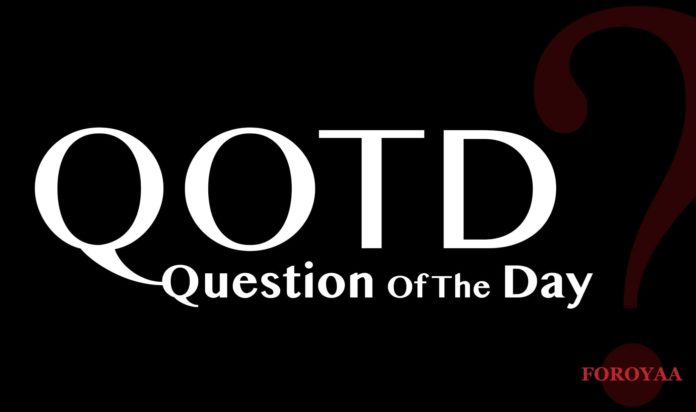It is important for Gambians and the government to properly situate themselves in the affairs of the country.
Section 19 of the Constitution guarantees the right to liberty. This simply means that the body and mind of the person are endowed with freedom and should not be interfered with by any person on the face of the earth.
Any interference with the freedom of the person would be considered an unlawful act and the person would be entitled to seek redress from the high court for violation of his or her right to liberty and receive compensation deserved as redress.
No human being is immune from being taken before the court for violating the liberty of the person regardless of whether one is president, minister, national assembly member, councillor or any average person or a mere resident of the Gambia.
The Constitution and other laws of The Gambia indicate when it is justifiable to arrest the free person and without being seen to be engaged in unlawful action which is punishable under the law.
Section 19(3) of the Constitution states:
“Any person who is arrested or detained –
(a) for the purpose of bringing him or her before a court in execution of the order of a court; or
(b) upon reasonable suspicion of his or her having committed, or being about to commit, a criminal offence under the law of The Gambia, and who is not released, shall be brought without undue delay before a court and, in any event, within seventy-two hours.”
What constitutes a crime is already indicated in the Criminal Code and other laws of The Gambia. A police officer must be taught to know what type of evidence, examination and cross-examination to anticipate in court to prove that one has violated the laws of The Gambia by committing a crime.
Once there is evidence to suspect that a crime is about to be committed or that a crime has been committed, then one can be arrested for the purpose of bringing the person to court. However in the process of investigating one may have to obtain more evidence and the police officer may consider the evidence to be weak and will not proceed to court for trial; and the law says in this case the person should be released with or without bail, otherwise the person should be taken to court and only the court has power to further detain him or her.
This is what the supreme law of the land says and those who disrespect it will face the full force of the law in court. This is how matters stand.
| ReplyForward |

















